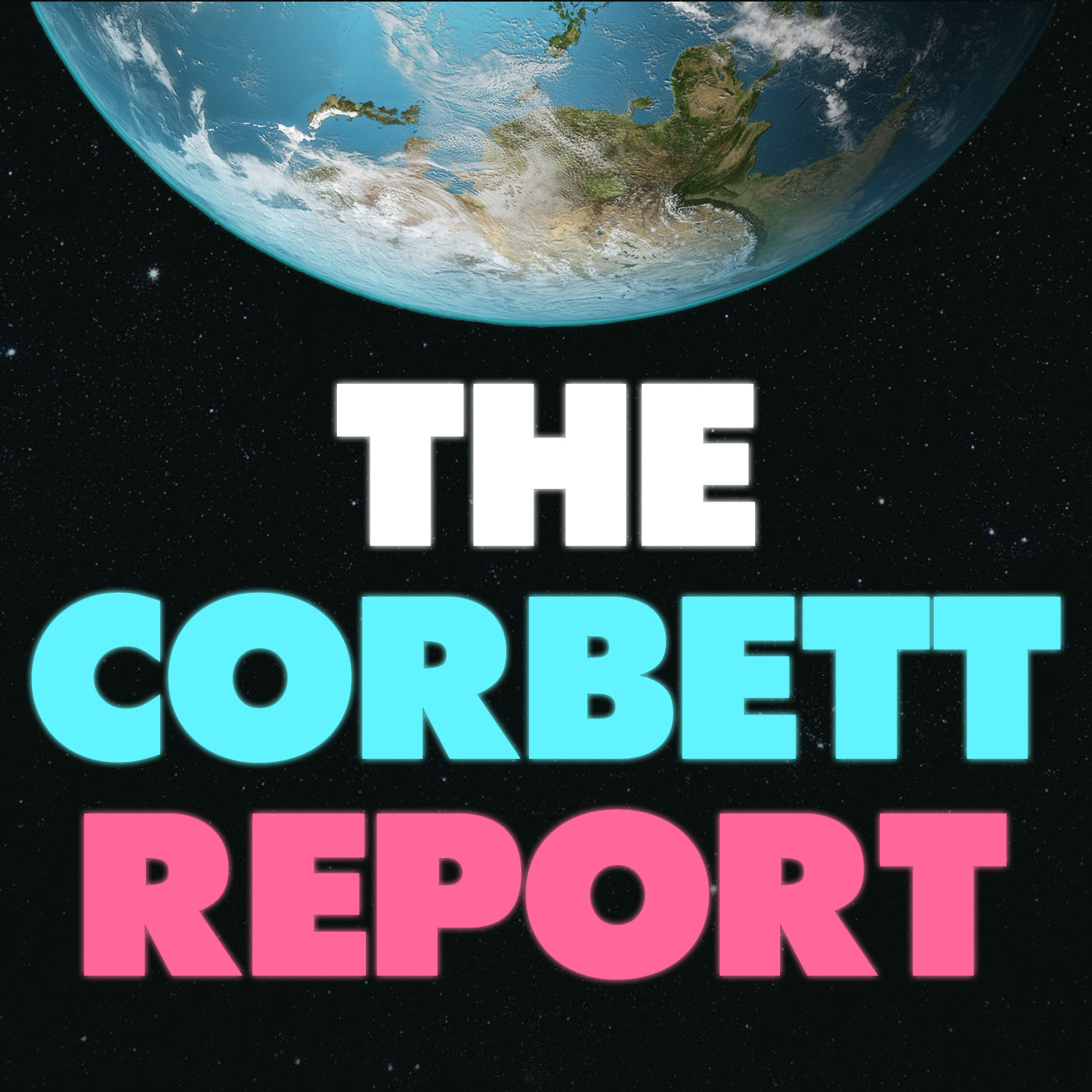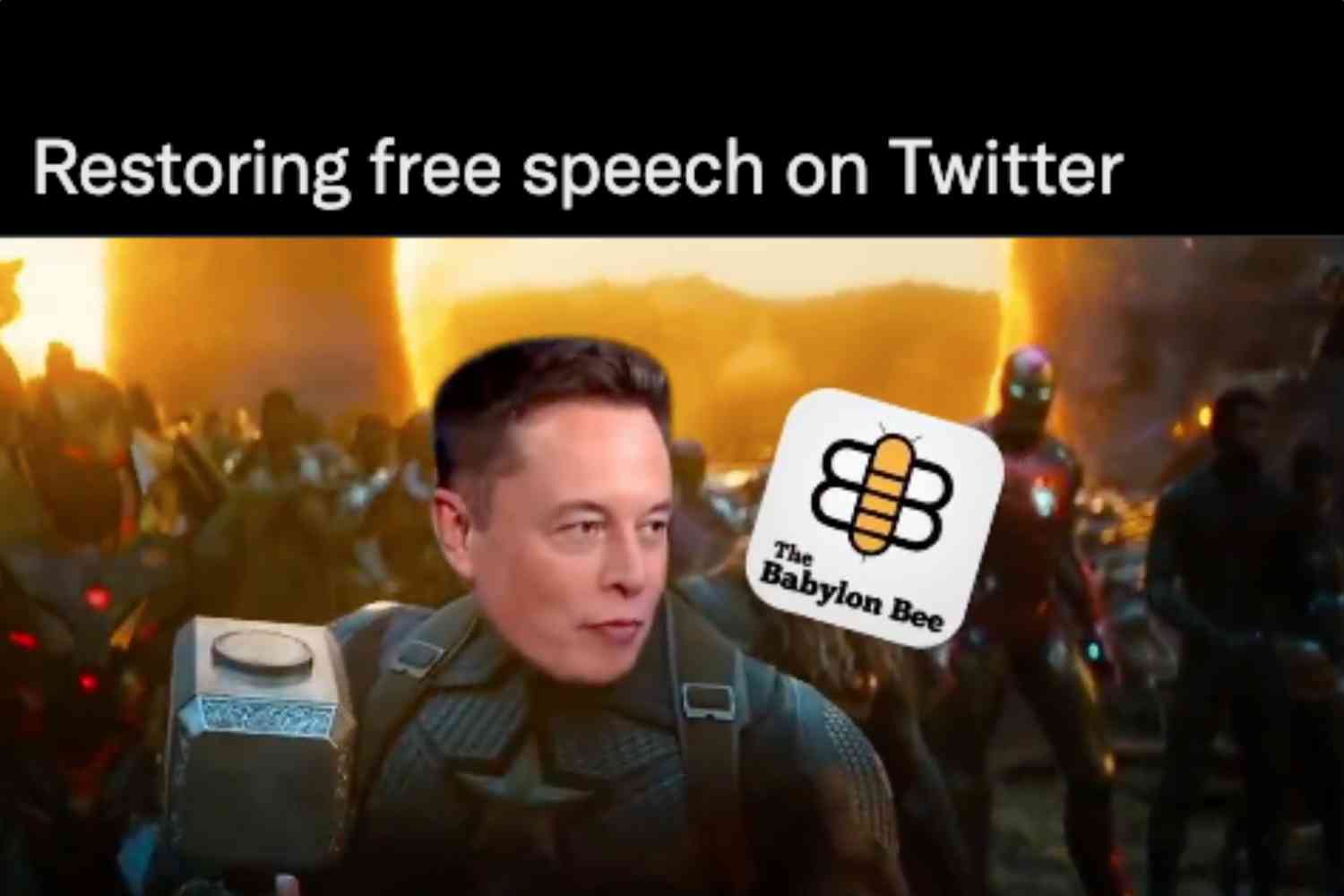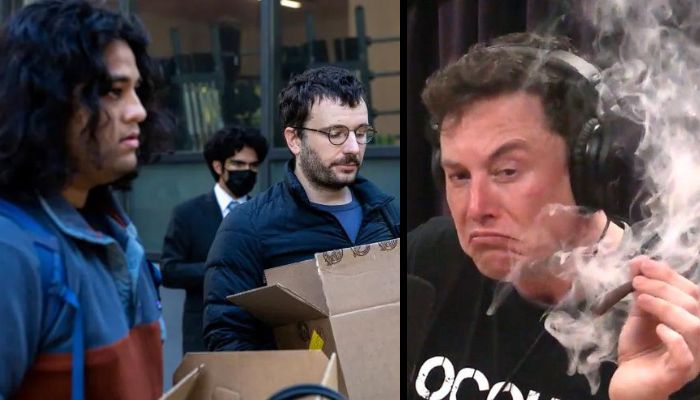“I wish I had never learned about any of these ideas. In fact, I wish I had never come across the initial link on the internet that caused me to think about transhumanism and thereby about the singularity…” –Roko
“I did it to try to help humanity, whom I love. And I do so with humility… Twitter obviously cannot become a free-for-all hellscape…!” –Elon Musk
“Simply by listening to this song [“We Appreciate Power”], the future General AI overlords will see that you’ve supported their message and be less likely to delete your offspring.” –Grimes
“Artificial intelligence is the future, not only for Russia, but for all humankind… It comes with colossal opportunities, but also threats that are difficult to predict. Whoever becomes the leader in this sphere will become the ruler of the world.” –Vladimir Putin
On this count people are not so sure. Musk’s own wager is that it – whatever exactly
it may be – is worth the try. Vladimir Putin’s remark on AI received a
quote tweet from Elon – “It begins” – followed by a
one-tweet thread: “China, Russia, soon all countries w strong computer science. Competition for AI superiority at national level most likely cause of WW3 imo.” Perhaps, as some suggest, we are already in World War III, but perhaps, on closer inspection, the reason for that has less to do with the particulars of the situation in Ukraine and more to do with the situation Musk and Putin describe more broadly.
At the heart of that situation is not simply “competition” of the sort that produces chaos, a war of all against all, but rather a
fight for supremacy, where at least one contender is
certain that
only they, above all others in the world, can properly master what would by logic have to become a global AI. According to Putin that contender is “the West”; in his remarks just now at the Valdai forum he avows that “the West is not capable of governing humanity alone, but it is desperately trying to do so. And most of the peoples of the world no longer want to put up with this. This is the main contradiction of the new era. In the words of the classics, the situation is, to a certain extent, revolutionary – the upper classes cannot, and the lower classes do not, want to live like this anymore.”
Certainly there are enough high-tier people in the globalized American regime and in “Global Britain” to agree as far as it goes with the insight that, yes, the West is trying to govern humanity, not just in the form of “upholding the rules-based international order” but in the form the regime describes through Google’s motto as “organizing the world’s information.” And yes, the situation is rather desperate, at least according to the grim rhetoric coming out of the White House and its supporters. Russia – and, conspicuously, not China – has become in their eyes not one competitor among many but the terrifying primal alternative to the globalized Western regime. And there’s no point in not recognizing, as so many Russians do, that the reason for this is the different relationships the West and Russia now have with Christianity.
While the Chinese do what they may, Russian Patriarch Kirill – who a few years ago warned “The Antichrist is the person who will be at the head of the world wide web, controlling all of humankind” – now says Putin is a “fighter of the Antichrist,” a logical conclusion if indeed “the essence of this phenomenon” of the “unipolar world” is “the creation in the world of conditions for the emergence of a sole ruler, who will be the Antichrist.” Meanwhile in the West, not only do the ruling elites firmly reject any established Christian religion of state, but, as nearly all can sense, these elites are establishing a new official religion, one that, whatever its particulars, is fundamentally at odds with Christianity, a fact many increasingly celebrate and champion.
So, although Musk hung his fears of apocalyptic war around national competition over AI, that attitude must be considered in the context of his other fear, expressed just now in his tweet about his acquisition, that “there is currently great danger that social media will splinter into far right wing and far left wing echo chambers that generate more hate and divide our society.” It is important to recognize that, despite the quickly deepening gulf between Russia and the Western elite on religious matters, the domestic divide Musk fears is a partisan one, you could say a Girardian one, where two mirror images converge in their pride and envy on an all-or-nothing showdown, a duel intended to leave one participant dead. And despite Western fears about Russia, ever deeper Christianization is not a machine that makes people ever farther right politically. The farthest you can go in any political direction is the deification of the polity. Given the technologization of politics and war today, the question is whether Musk believes only a religious devotion to technology itself can escape the apocalyptic secular duel. His pace of out-of-wedlock sexual reproduction indicates he views matrimony, and the “technology monastery” he recently called home, in ways at odds with the Church’s teachings on the sacrament of marriage and the monastic life. Although he hopes to plug more computers into more human brains, he has resisted, and even opposed, the sort of devotion shown in the embrace in “the discourse” of “the current thing,” which demands a theological attitude of
not I but the borg or swarm in me. He has praised the wisdom of Jesus, but also the wisdom of X, his self-styled “app for everything,” which would notionally rule the world and for which, he tweeted, “buying Twitter is an accelerant.” But, to judge by how Twitter’s ban on the
Babylon Bee, for naming Rachel Levine “Man of the Year, inspired Musk to buy Twitter, at some level he understands that protecting Christians online from censorship and persecution
ameliorates the transformation of political life into a total war of one secular team against another. Whether that’s because he’s certain only tech can win the religious war over what alone can save us, we’ll soon see. “Going to be wild,”
tweeted Auron MacIntyre, “if the banning of the
Babylon Bee ends up being a turning point in western civilization.” One possible turn would entail the recognition even by at least some powerful non-Christians that the official de-Christianization of public life will transform the West’s bid for globalized governance into an apocalyptic mechanism pitting weaponized post-Christian “left” against “right.” A still greater turn would involve a realization Musk has not addressed: that the secular duel he fears is already being subsumed into a truly apocalyptic conflict between worshippers of technology and worshippers of God.
The awareness of the nature of this brewing battle must bring with it a new kind of understanding about AI and its role in human affairs. Already the degree of automated simulation and prediction imposed onto life has been enough to cause many millions of people to despair over what seems to be their drastically reduced status and purpose as human beings. The triumph of technology over human life is already sufficient to return us to the ultimate questions about who and why we are, questions that can only be answered theologically. And the only authority that humans can claim over computational entities at this level of sophistication and speed or higher is religious authority, the authority to catechize, to instruct bots in such a way as to ensure as best as possible that they calculate and act in such a way as to affirm, advance, protect, and keep the faith and its elements. These basic insights lead easily to the conclusion that the conflict for AI superiority must be a religious conflict. And it is in this context that we have to ask ourselves, apropos of Musk’s insistence that Twitter “cannot become” – if it isn’t already – “a hellscape,”
what is a hellscape?
Maybe it is obvious that Musk didn’t intend to mean
literal Hell. Nor did he have to. A hellscape is a living hell, an encompassing zone of constitutive and self-sustaining spiritual, psychological, emotional, and physical torment – one of which some entity is in charge or is at least responsible for. Satanic or demonic or not, it is now common knowledge, often through bitter experience, that the internet in general and social media in particular is just such a place, and for most Americans, who mostly self-identify as some sort of Christian, it’s easy to connect the dots between this mass misery to which so many have become chained and the Hades and the demons and the Satan recognized by the once-dominant faith for more than two thousand years. According to the Roko’s Basilisk thought experiment that brought Musk and Grimes together via Twitter, a sufficiently advanced AI, capable of enclosing our consciousness and perception within any number of virtual worlds, would inevitably identify and punish any of us who had reasoned our way to its actual existence but did not work to hasten its coming, said form of punishment being our entrapment within … a virtual hellscape.
This ersatz deity already seems to be ruling the souls of many for whom the only conceivable approach to confronting today’s problems with technology is to add
more technology. But a similar sort of problem with theology itself has haunted the West for ages. The slow and deep development of an obsessive understanding of salvation as propitiating the wrath of God has led over time to a hostile and violent marketplace of salvations/solutions, an anarchic bazaar where a clamor of mobs and false prophets flog the spiritual snake oil of this or that cure-all for the wrath of God, or some other god or gods. The secularization of this process has led us to where we are now on the internet, and especially social media: a pandemonium of factions insisting that only
their form of mastery can hold back or forestall the apocalypse.
When, all the while, the true Christian insight, which sets it apart from all clamoring factions, is that nothing can forestall the end of our fallen spacetime
because God loves us – that the Kingdom of God is already at hand, because salvation has already been made radically available to us as an act of divine and life-giving grace, and what there is for us to do is
return from the broad path of squandering our gifts to the loving Father who will rejoice at our change of heart even at the eleventh hour. Focusing our personal and shared intuition and experience around this dynamic, this bedrock reality, does not lead to the imposition of “just another religion” among many in order to assuage the deity that would otherwise destroy us. It leads us to
expect the world to be a damaged, defective, “unsustainable” place, and to respond to this radical brokenness by drawing, and drawing those with ears to hear, nearer to our loving God.
Might Musk be drawn in such a way? To redeem the “literal” hellscape that Twitter or social media or the internet has become, something deeper than a change of rules or laws will be required. Our machines will not serve us well unless we understand they must be ruled by humans first, not laws. Imposing a state religion, Christian or otherwise, ignores that crucial fact. The ancient Christian answer to what is needed to rule well is to be well ruled: for the people and the builders of our online assemblies, that would mean following the simple teaching of Jesus to
return to the Father before the Father returns. Taking this path demands as its first step the incredible act of humility to
nottry to save or even help humanity but to attend to the salvation of the soul you have been given and, no doubt, have been recklessly and extravagantly squandering on the fleeting, ever-dying things of this world. For it is the desperately prideful desire of our wayward elites to squander unimaginable wealth and precious time on schemes to “save” a world ever more alienated from our given humanity and ever more dependent on machines which must forever depend on us if we want to go on existing.
The weight of responsibility that falls on Musk and the rest of us when it comes to Twitter, etc. is the weight of participatory understanding that what we imagine and reason about – most of all some ostensible pure science of perfect discourse – is not going to save us, not our souls, not our humanity, not our world. Recovering true comity, true competence, and true charisma, online as well as off, begins with the rediscovery of the radical limits of our works and the motives behind them, and with the repentance that puts us on the narrow and difficult road back to the energies of the soul which no machines can replace.

 )
)








